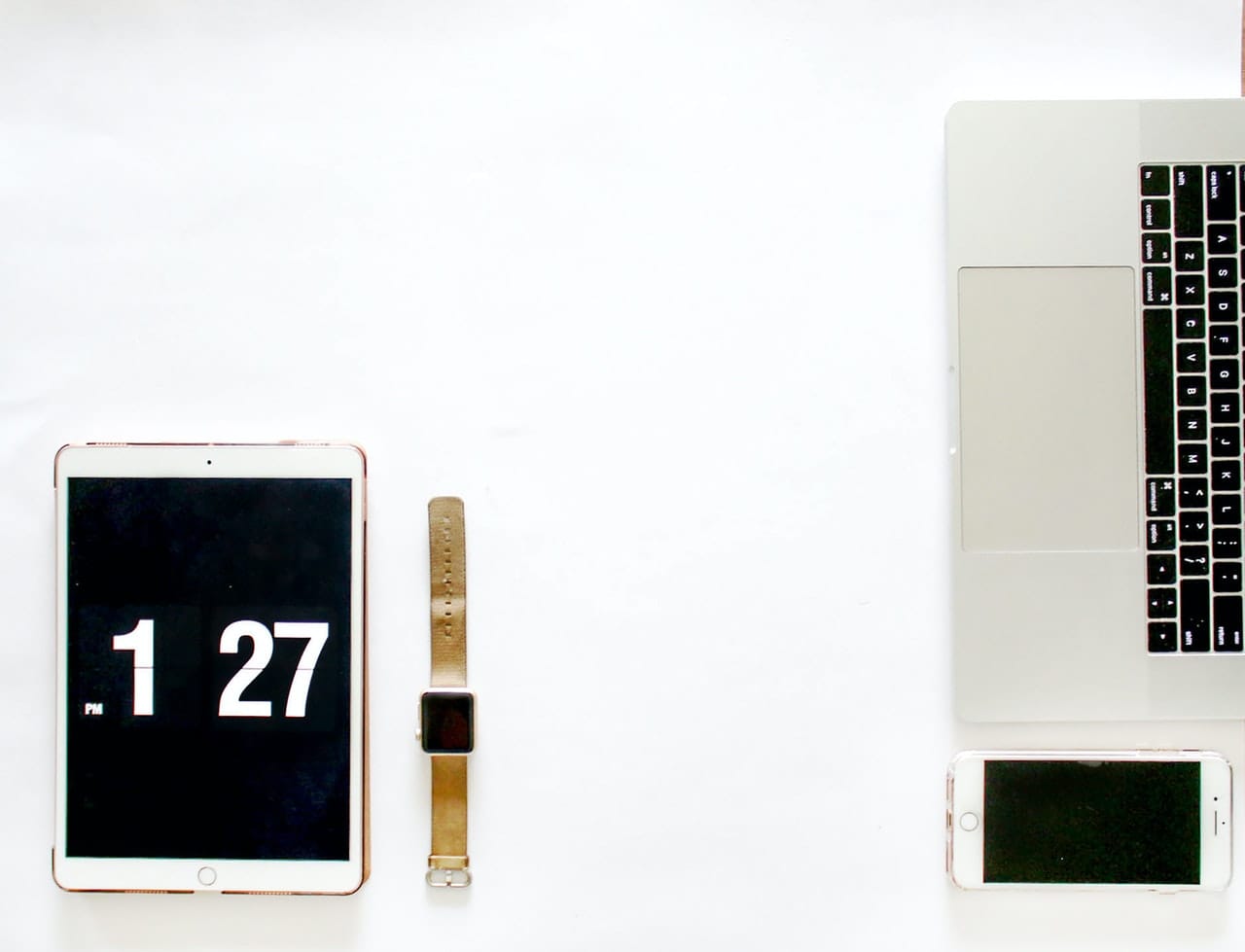Debt is a journey, not a destination. Once you’re in debt, you’re not stuck there forever. By understanding the behaviors that lead to it and changing them, you can get your finances back into the black. Owing money is not a life sentence—provided you’re willing to take an honest look at your financial situation and act accordingly to get back on the right track.
Many consumers with debt express that they don’t know exactly how they got into debt—it just seemed to happen over a period of time. And that’s totally understandable. When life gets busy, it can be tough to carve out time for keeping a close watch on your finances.
A good first step is simply studying various behaviors that lead to debt. Then you can act to modify them.
Spending More Than You Earn
Perhaps it sounds overly simple, but the primary factor driving debt is spending more than you make. Most people experience many demands on their paychecks; it’s all too easy to lose track of exactly where your income is going each month. There’s a mortgage or rent payment to make. You may have a vehicle payment, plus auto maintenance and gas. There’s the cost of food throughout the month. You’ll undoubtedly face miscellaneous expenses that are hard to predict ahead of time, too. You may have to pay for medical bills or student loans.
What starts out as a seemingly hefty sum can quickly whittle down to almost nothing once you’ve paid your bills and taken care of other expenses. When your expenditures outweigh your income, you may turn toward loans or credit cards to close the gap. This is exactly how debt begins to accumulate.
Create a spreadsheet to weigh your net income against your expenditures by category each month. Determine where you’re overspending and what you can cut back on to eliminate the need to take on debt. This will help stop debt in its tracks before it becomes a problem.
Letting Bills Accumulate
Let’s be honest: It’s very easy to procrastinate on paying bills, or, in some cases, even opening them. If you’re facing a stack of unopened bills on your hallway table or desk, it’s time to dig in. It’s dangerous to stay in the dark about how much you owe, when and to whom.
Set aside an hour each week to open bills and log them in your personal finance spreadsheet. Be sure to note due dates and interest rates so you can avoid racking up late fees and interest payments on already existing debt.
Overbuying During the Holidays
There’s one time of year in particular in which many consumers find themselves in a financial crunch: the holidays. Between travel, buying gifts and entertaining, this can be a mighty expensive season. It’s easy to justify going into the red for gifts (“Well, it’s not for me… and it’d be rude to show up empty-handed”) or entertainment (“We only get together for a large meal once a year”). While your heart is undoubtedly in the right place, it can wreak havoc on your finances for months to come.
Here are a few creative suggestions from debt relief expert Andrew Housser, meant to help consumers avoid overspending this holiday season:
- Make a gift list up front.
- Avoid the temptation to buy for yourself.
- Shop early to avoid elevated shipping costs.
- Gift time and caring, not products with a price tag.
- Ignore promotional ads for products you don’t need.
- Avoid store credit cards at all costs.
Keeping your spending in check year-round will help you avoid racking up any sudden end-of-year debt.
Losing Track of Recurring Subscriptions
Keep up on recurring subscriptions; if you’re not using one, cancel it immediately. Don’t let autopay lull you into paying for entertainment, fitness or mail-order products you don’t need. Remain proactive by checking your credit card and debit card statements and identifying underused entries.
But cutting down on these four behaviors that lead to debt, you can take steps toward regaining control of your finances.










